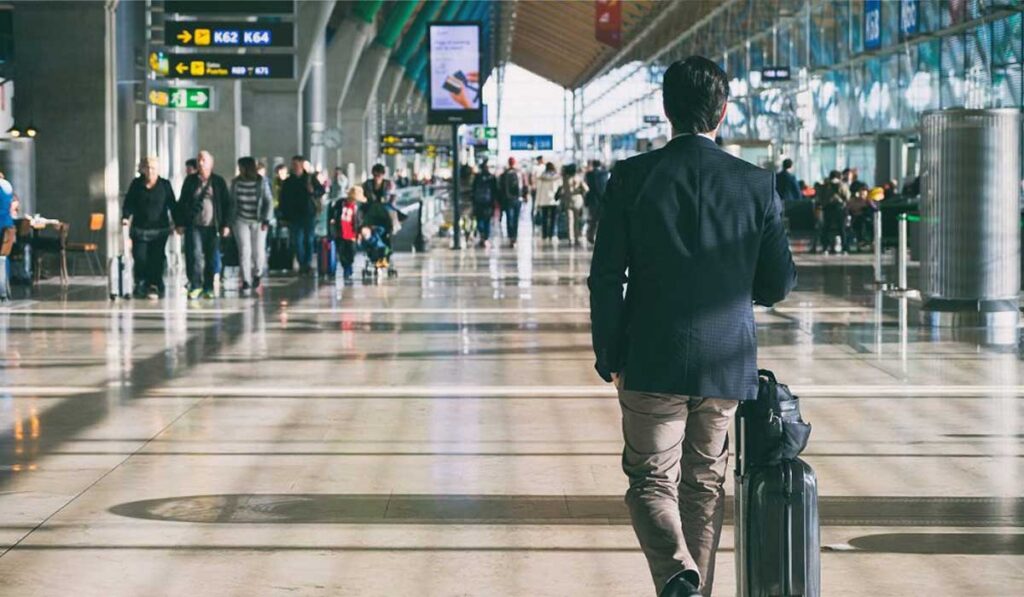Jayme Petra de Mello Neto
Lawyer at Marcos Martins Advogados
The tourism sector was undoubtedly the first to suffer the impacts of the measures to restrict the movement of people, which were imposed globally. The closure of national borders and any local transit bans, especially those implemented in coastal cities, have practically brought the sector’s activities to a standstill. And, to top it all off, the business practice of this segment, in which packages are usually negotiated well in advance of the travel date, has brought about a sensitive scenario of conflicts, both for travelers, who cannot move around freely, and for the tour operators themselves.
Thus, Provisional Measure 948/2020 provides for a series of transitional solutions to conflicts and issues arising during the Covid-19 period, adopting a guideline that balances consumer protection rights and the preservation of contractual relations, as a way of minimizing economic impacts, creating precedent conditions to avoid simple business disruption.
Among the main points regulated by Provisional Measure 948/2020:
- It guarantees the right of cancellation of services, reservations and events by the consumer of these services;
- However, in the event of cancellation, if the service provider takes measures to mitigate the effects, such as rescheduling services, reservations and events, or granting credit for the purchase of other services at a later date, there will be no obligation on the provider to reimburse the consumer in full.
Although it may seem that the Provisional Measure has created an excessive liberality, exempting the service provider, it has the merit of regulating under what conditions offers of rebooking or credit are valid to excuse payment. These are: the observance of a period of 12 (twelve) months in favor of the consumer, counted from the end of the state of calamity (Legislative Decree No. 6/2020); and, the specific seasonality of the contracted service. As an example, it will not be enough to make an offer to rebook the same service, if such a rebooking is only offered for “off-season”, if the original service had been contracted for high season.
The MP also regulates the relationship with artists whose events at which they were to perform have been canceled during the state of calamity. If the event is rescheduled within 12 (twelve) months, in line with the rules established for the consumer public, the event’s service provider will not be able to demand a refund from them. With this procedure, the MP aims to avoid unjust enrichment of any of the parties involved in the event or tourist service.
Despite the MP’s rules, there may be other rights that are not covered or explicitly regulated, for which the Marcos Martins Law Firm is able to provide clarification and legal advice on the best legal solutions.
Questions? Talk to our lawyers.








